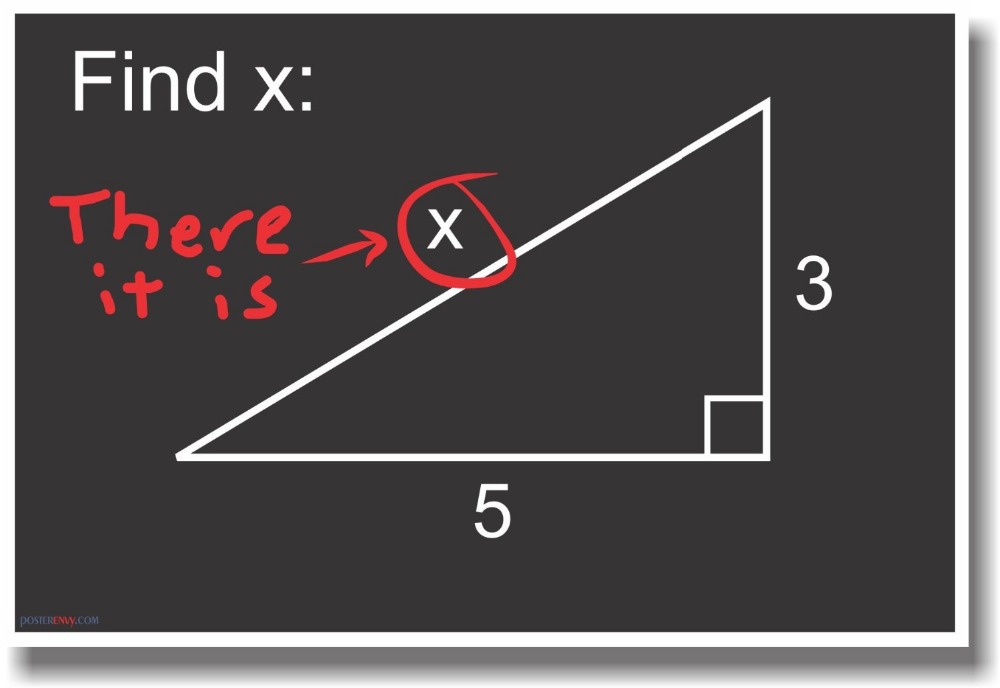
This means write a sentence such as \(18+3=\)Ħ. Make a Math Sentence: Next, translate the word problem and drawings into a math or number sentence. (iv) Division: each, per, out of, equal pieces, split, averageĥ. (iii) Multiplication: total, times, triple, twice, in all (ii) Subtraction: subtract, fewer, take away, than, left (i) Addition: add, total, brought, plus, altogether, and, combine, more, in all However, look for clues in words such as: Is it addition, subtraction, multiplication, division? What needs to be done? Drawing the picture should be a big help in figuring this out. Determine the Operation(s): Next, determine the operation or operations that need to be performed. It can also help understand clearly the algebraic operations that need to be carried out.Ĥ. Draw a Picture: Drawing a picture sometimes help visualise the problem more clearly.

Highlight Facts: Then, read through the problem again and underline or highlight important facts such as numbers or words that indicate an operation.ģ.

Read the Problem: First, read through the problem once.Ģ. To work out any word problem, follow the steps given below:ġ. Word Problems on Quadratic Equation Handling Maths Word Problems in General How many apples will each of the friends get?Īs you can notice, word problems involve addition, subtraction, multiplication, division, or even multiple operations. Swetha, Priya, and Rachana want to eat them in equal share. Now, how many eggs are left with Spurti?Ĥ. How many more pencils than pens are there?ģ. There were \(18\) pencils and \(9\) pens.

Now, how many apples does Keerthi have altogether?Ģ. Here are a few examples to get you some ideas:ġ. Word problems can vary from simple to complex. Word problems often show mathematics happening more naturally in the real world. Authors of mathematical curriculum sometimes implement word problems to help students understand how they are related to the real world. In real life, mathematical problems do not usually present themselves as \(2+3\) or \(6-4.\) Instead, they are a bit more complex than we think.


 0 kommentar(er)
0 kommentar(er)
